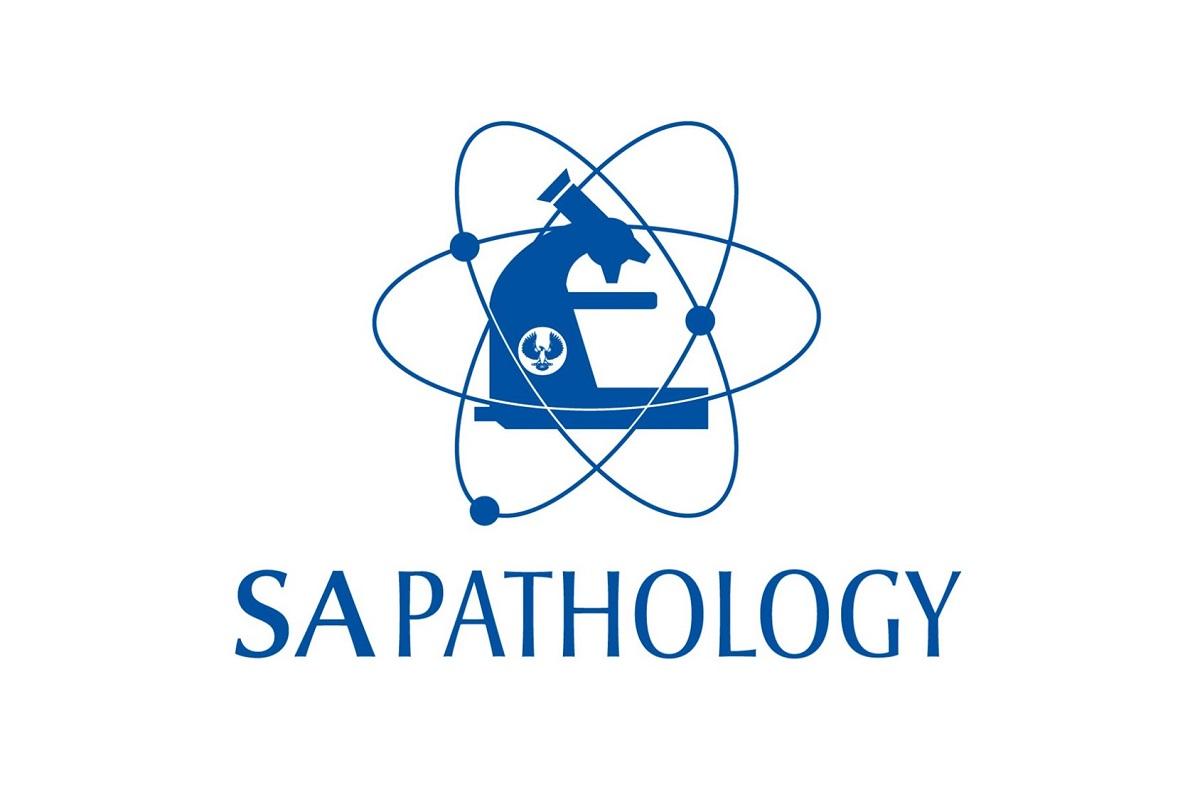

Some of these tests are non-invasive, requiring only a swab or a sample, but other specimens such as the internal bodily fluids of the pericardium, pleural fluids, and cerebrospinal fluids must be obtained via a needle. Stool tests are useful in determining gastrointestinal issues such as bacterial/viral infections, or markers of other gastrointestinal diseases.īodily fluids: saliva, mucus, semen, and other bodily fluids are also useful in medical testing, but require different equipment and procedures based on the bodily fluid being analyzed. Stool: Like urine tests, stool tests are non-invasive and easy to perform, but are called for when digestive problems arise. Urinalysis tests break down the components of a person’s urine to check for drug use, blood, levels of protein & minerals, and to check for the presence of bacteria, pathogens, or glucose. Urine: Obtaining urine samples is less invasive and costly than other medical tests and still provides a wealth of information quickly. Blood is drawn and then shipped in chilled vials to testing labs, where centrifuges and other equipment separate out the different components of blood, which are then analyzed. Below is a simplified list of common medical tests performed in clinical testing labs, but know this list is not exhaustive:īlood: blood tests are vital to understanding a patient’s health, as blood contains many useful biomarkers such as cell counts, blood chemistry information, and inflammatory and genetic markers. Some labs are based in hospitals, clinics, universities, non-profits, or are commercially separate companies however, a commonality across all clinical labs is that they require patient samples on which to perform tests (otherwise they would be classified as labs that work on non-clinical specimens, requiring different regulations). They are by no means a homogenous group, as there are dozens of different tests that can be administered in numerous mediums, all requiring different equipment and levels of expertise. Medical testing labs vary based on what tests they perform. They are an invaluable tool in modern medicine, as they provide empirical evidence for diagnoses and can be utilized routinely to ensure that chronic conditions remain under control. Diagnosticians use medical tests and/or diagnostic test kits to detect conditions, determine diagnosis and treatment plans, and monitor the prognosis of the patient before, during, and after treatment. Medical testing laboratories (also known as clinical laboratories) are laboratories that have all the necessary equipment and staff to perform clinical pathology testing on patient specimens. AEL is the largest independent regional clinical laboratory in the MidSouth.Image credit: What are medical testing laboratories, and what do they do?Īs our understanding of clinical chemistry advances, so too does our ability to test for the markers of disease and bodily imbalance. AEL provides comprehensive laboratory services in Alabama, Arkansas, the Florida panhandle, Kentucky, Mississippi, Missouri and Tennessee.

#Pathology laboratories full#
The Main AEL full service core lab is located in Memphis, Tennessee. Sonic Healthcare, based in Australia, is one of the world's largest medical diagnostics companies, providing laboratory and radiology services to medical practitioners, hospitals, community health services, and their collective patients. In 2007, AEL was acquired by Sonic Healthcare. MPL was purchased by American Esoteric Laboratories in 2005 and became part of a new laboratory network headquartered in Nashville, TN. The expanded partnership brought fast, accurate results to physicians, hospitals, long term care facilities and businesses throughout the MidSouth. Med Lab brought clinical skill, expert staff and a significant customer base into the MPL operation. 2003, Methodist Healthcare in Memphis joined the partnership when its subsidiary Med Lab was folded into MPL. The original partnership was formed to establish MPL as an independent laboratory serving the Mid-South, joining MPL's testing expertise and outstanding service with MDS leadership in marketing, automation, information technology and communication. In 1998, Baptist formed a joint venture with MDS, the largest laboratory network in Canada, to bring in an experienced management team and expand MPL. Baptist Memorial Hospital bought the lab in 1986 and delivered personalized high quality service for several years. AEL, formerly Memphis Pathology Laboratory, began more than 60 years ago as a small pathology owned laboratory.


 0 kommentar(er)
0 kommentar(er)
